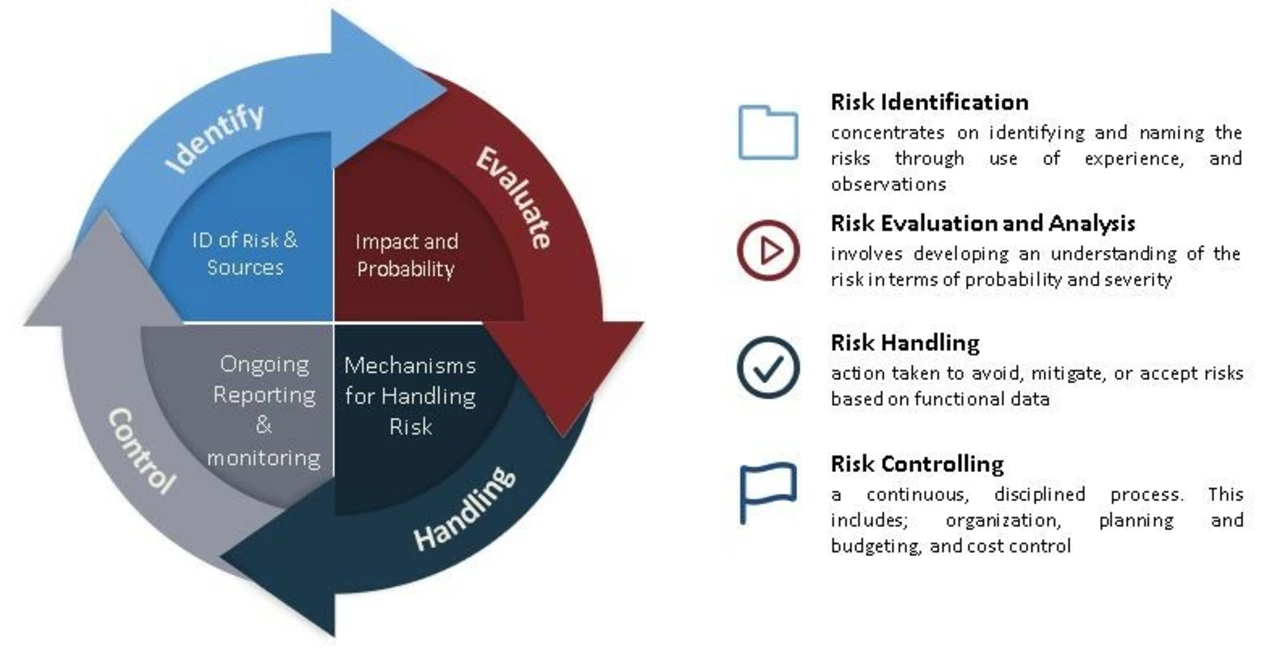Acute Mania: How to Spot It and What to Do Right Away
Acute mania can show up fast and feel out of control — less sleep, racing thoughts, risky moves, and extreme talkativeness. If you or someone you care about suddenly seems overconfident, irritable, or making dangerous choices (big spending, unsafe sex, or driving recklessly), treat it as urgent. Mania is a medical state, not a personality flaw, and quick action makes a big difference.
Typical signs include elevated mood or irritability, very little need for sleep, rapid speech, racing thoughts, distractibility, inflated self-esteem, and impulsive behavior. Psychotic symptoms like hallucinations or delusions can appear in severe cases. Watch for agitation, inability to calm down, or threats to personal safety — these are red flags for emergency help.
Immediate steps to take
If safety is at risk, call emergency services or go to the nearest ER. For non-life-threatening but severe mania, call your psychiatrist or a crisis line — many clinics keep same-day slots for acute episodes. Remove easy access to money, weapons, or car keys if the person is making risky choices. Keep interactions calm and short: lower lights, reduce noise, and avoid arguing. If the person is willing, help them sit with a trusted friend or family member until professional help arrives.
Treatments doctors use
Short-term treatment often focuses on calming symptoms quickly. Common options are antipsychotics (for example, olanzapine, risperidone, quetiapine), mood stabilizers (lithium, valproate), and sometimes benzodiazepines for severe agitation or insomnia. Which drug is chosen depends on symptom severity, medical history, and current medications. In extreme cases where the person won't respond or is a danger to self/others, hospitalization and close monitoring may be needed.
Medication takes time to work. That’s why early medical contact matters: doctors can start effective meds, check labs (lithium levels, liver tests), and watch for side effects. Never stop or change psychiatric meds suddenly — abrupt changes can trigger worse episodes.
After the acute phase, follow-up care is crucial. Outpatient therapy, medication adjustments, sleep regulation, and substance use review reduce relapse risk. Cognitive-behavioral therapy, family education, and a clear crisis plan help people recognize early warning signs and act faster next time.
Tips for caregivers: set boundaries, keep communication calm, document behavior changes and triggers, and involve professionals early. If the person resists help, call your local crisis service for advice — they can guide you on legal and safety steps in your area.
Want quick action steps? If a person is violent, suicidal, or psychotic: call 911. If severe but not life-threatening: contact the treating psychiatrist, crisis line, or urgent mental health clinic. Keep a list of medications, recent sleep patterns, and any substance use ready for clinicians.
Acute mania is scary but treatable. With fast, focused care you can reduce harm and get back to stability. If you’re worried right now, reach out to emergency services or a mental health crisis line — don’t wait.
As a blogger, I've recently looked into the effectiveness of Quetiapine for managing acute mania. From my research, I've found that this atypical antipsychotic medication can help manage manic episodes by reducing symptoms such as racing thoughts, agitation, and mood swings. Studies show that Quetiapine can be a useful treatment option for those with bipolar disorder experiencing acute mania. However, it's essential to consult with a doctor to ensure Quetiapine is the right choice for each individual, as potential side effects and drug interactions must be considered. Overall, Quetiapine can be a helpful tool in managing acute mania for some patients, but professional guidance is crucial.
Continue reading...

